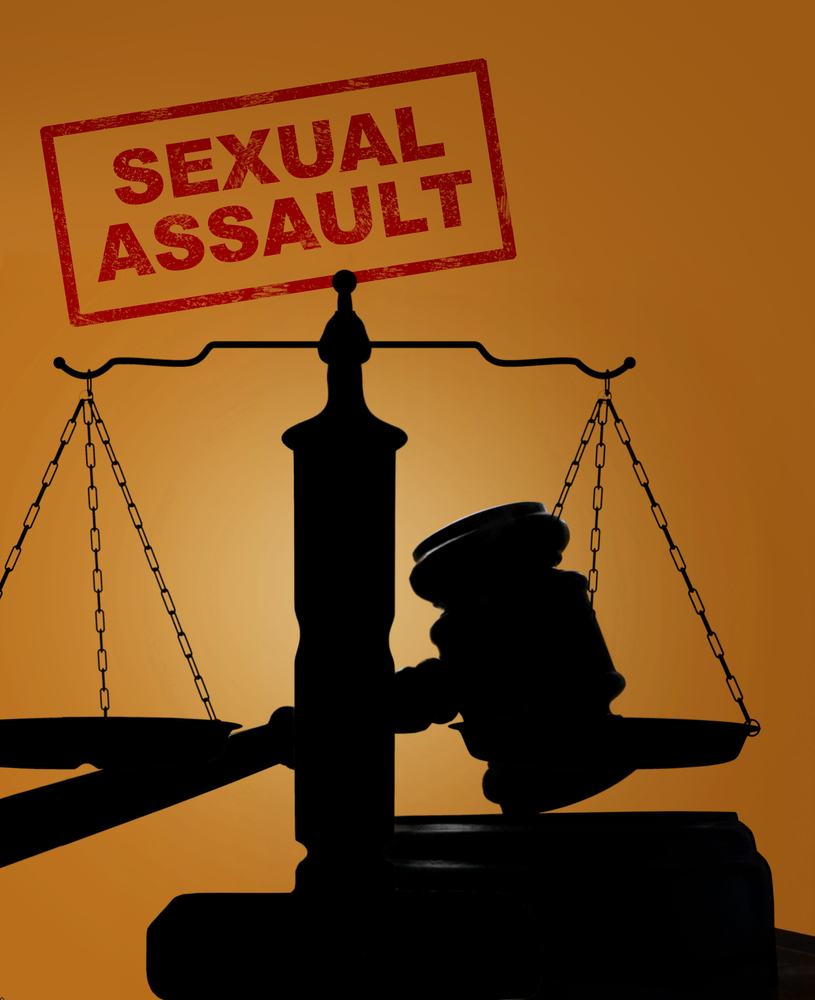In Canadian criminal law, the defense of honest but mistaken belief in communicated consent applies in sexual assault cases where the accused genuinely, but mistakenly, believed that the complainant consented to the sexual activity. However, this defense is strictly limited by the Criminal Code and case law to ensure that consent is affirmative, voluntary, and actively communicated. Courts have consistently held that a mistaken belief in consent cannot be based on assumptions, stereotypes, or subjective impressions—there must be a reasonable basis for the belief.
Legal Framework
1. The Requirement for Communicated Consent
Consent in Canadian law must be affirmatively communicated through words or conduct. Passive or ambiguous behavior is not enough to establish consent. Courts have ruled that the accused cannot rely on silence, lack of resistance, or past sexual history to justify a belief in consent.
- In R v Ewanchuk (1999 SCC), the Supreme Court of Canada established that consent must be subjectively given by the complainant and objectively recognizable. If the complainant does not affirmatively communicate consent, it does not exist.
- In R v JA (2011 SCC), the Court ruled that advance consent is invalid—meaning that a person cannot consent in advance to sexual activity that will occur when they are unconscious or otherwise incapable of providing consent.
2. The Elements of the Honest but Mistaken Belief Defense
To successfully invoke this defense, the accused must prove that:
- They honestly believed the complainant consented to the sexual activity.
- The belief was based on communicated consent, meaning it was grounded in words or clear actions that indicated agreement.
- The belief was reasonable, meaning a reasonable person in the accused’s position would also have concluded that consent was given.
Even if the accused genuinely believed there was consent, the court will examine whether that belief was reasonably supported by the complainant’s actions or statements. A mere gut feeling or assumption is not enough—there must be objective indicators of consent.
3. The Reasonable Steps Requirement (Criminal Code, Section 273.2(b))
Canadian law imposes an additional safeguard: even if the accused had a mistaken belief in consent, the defense failsunless they took reasonable steps to confirm that consent was present.
What are “reasonable steps”? Courts consider factors such as:
- Whether the accused explicitly asked for consent before engaging in sexual activity.
- Whether the complainant’s words or actions clearly conveyed willingness.
- Whether there were any circumstances that should have raised doubts (e.g., the complainant was intoxicated, asleep, or otherwise incapacitated).
If the accused did not take any steps to verify consent, the law does not allow them to claim an honest but mistaken belief. Courts have made it clear that failure to seek affirmative consent eliminates this defense entirely.
Limitations on the Defense
The honest but mistaken belief defense cannot be used if:
- The belief in consent was based on the complainant’s silence, passivity, or lack of resistance.
- The accused’s own intoxication contributed to their mistaken belief—self-induced intoxication cannot be an excuse for failing to ensure consent.
- Consent was obtained through fraud, coercion, or deception, making it legally invalid.
- The belief relied on past sexual history or a prior relationship, as consent must be given at the time of the specific act in question.
In R v Barton (2019 SCC), the Supreme Court reinforced that an accused cannot rely on myths and stereotypes about sexual behavior. For example, the assumption that a woman who has engaged in previous sexual activity is more likely to have consented in a particular instance is legally impermissible.
Application in Court
When this defense is raised, the court examines the totality of the circumstances to determine whether the accused’s belief was both honest and reasonable. Judges consider:
- The complainant’s statements, actions, and behavior before and during the encounter.
- The accused’s conduct and whether they took reasonable steps to confirm consent.
- Any text messages, prior conversations, or communications that might shed light on the understanding between the parties.
If the court finds that reasonable steps were not taken, or that the belief was based on faulty assumptions, the defense fails, and the accused may be convicted.
Conclusion
The honest but mistaken belief in communicated consent defense is available in Canadian sexual assault cases but is highly restricted to prevent reliance on misconceptions about consent. The law requires that the accused’s belief in consent be based on clear, affirmative communication and reasonable steps to verify consent. Courts carefully scrutinize whether the accused had a legitimate basis for their belief and whether they made any effort to confirm consent before engaging in sexual activity. If reasonable steps were not taken, or if the belief was based on silence, assumptions, or intoxication, the defense is unavailable.
This legal framework reflects Canada’s commitment to ensuring meaningful, affirmative consent while balancing the accused’s right to a fair trial.
The Devastating Impact of a Sexual Assault Allegation
Being accused of a sex crime can have severe legal, psychological, and social consequences, regardless of guilt or innocence. Beyond the potential for significant jail time—including sentences ranging from 10 years to life in prison—accusations bring lasting stigma, emotional distress, and professional ruin. Even before a case reaches trial, the mental toll on the accused can be overwhelming, leading to chronic stress, depression, shame, social isolation, and even PTSD. The fear of public scrutiny, strained relationships, and the burden of defending against allegations—especially if false—can feel insurmountable.
How a Skilled Criminal Defence Lawyer Can Help
Facing sexual assault charges alone is risky and emotionally draining. Having an experienced lawyer like Mo Vayeghan ensures strategic legal representation and psychological support during this challenging time. As a former Crown Prosecutor and Ivy League-educated lawyer, Mr. Vayeghan provides expert legal guidance, helping clients navigate complex laws, challenge evidence, and develop strong defence strategies. His deep understanding of the justice system allows him to scrutinize witness credibility, identify procedural errors, and fight for charge dismissal when possible.
Protect Your Future with the Right Legal Support
A sex crime accusation can derail your life, but with the right defence, you can protect your rights, reputation, and mental well-being. Mr. Vayeghan offers trusted representation, trial advocacy, and compassionate support to help clients move forward with confidence and dignity.
Contact Us Now
If you’re facing a sex crime accusation in Vancouver or anywhere in British Columbia, GET LEGAL SUPPORT NOW.
Vayeghan Litigation offers free consultations to discuss your case and begin planning a defence strategy as quickly as possible. Call us at 778-653-3995 or email us at law@mvlitigation.com.



